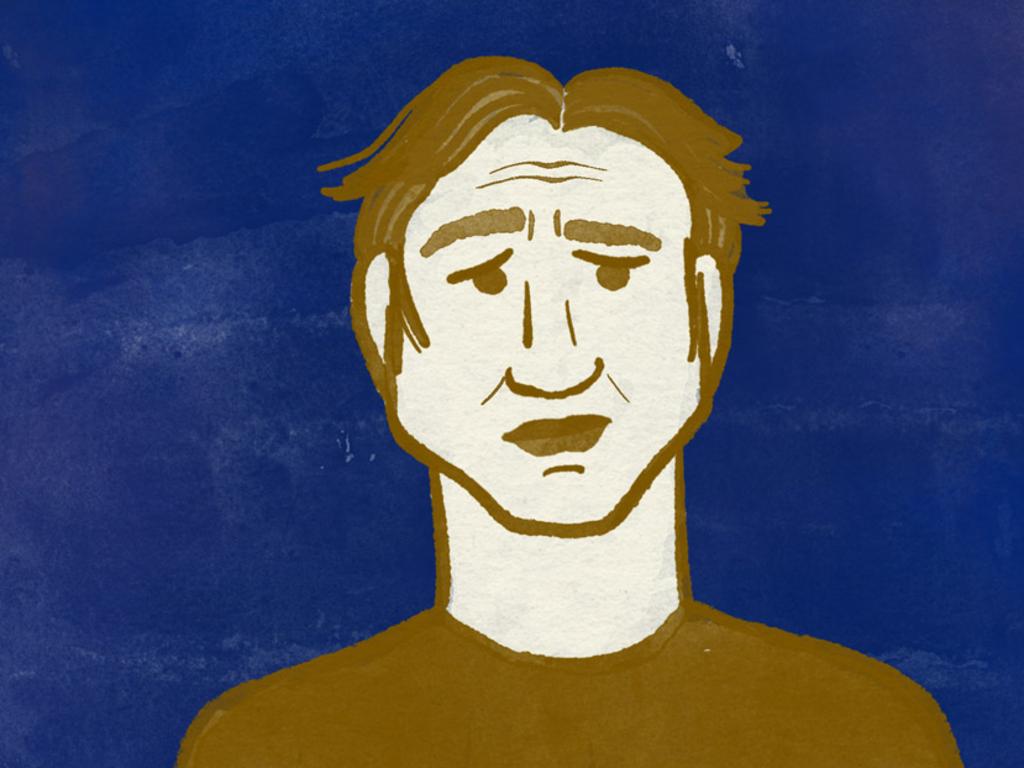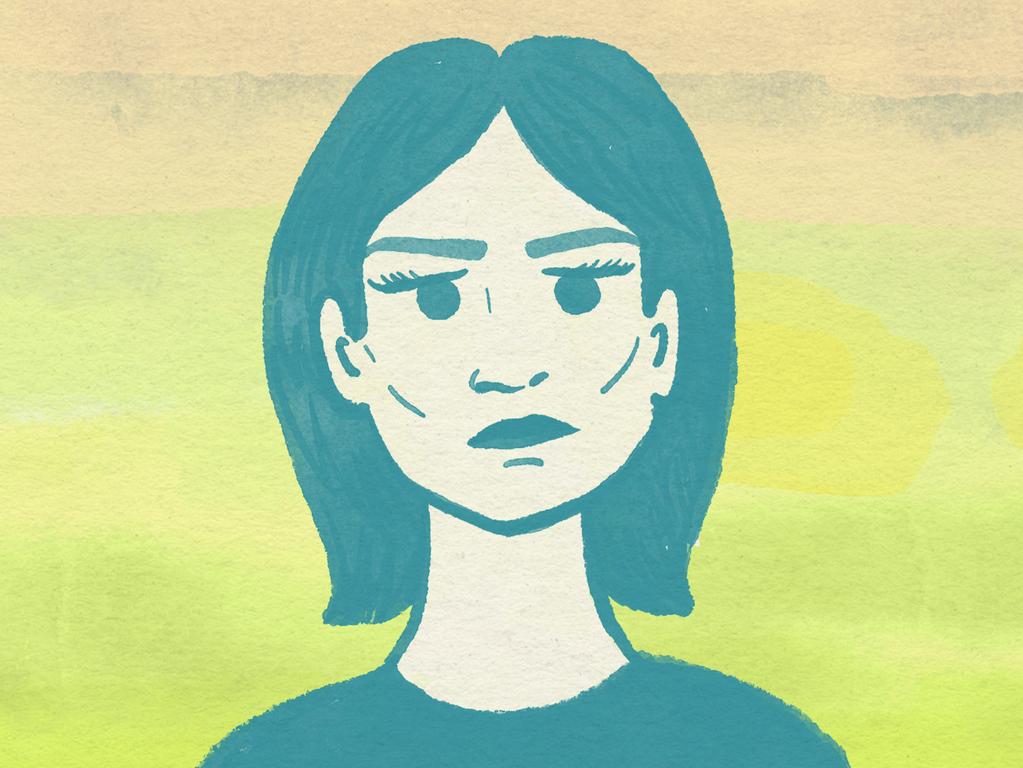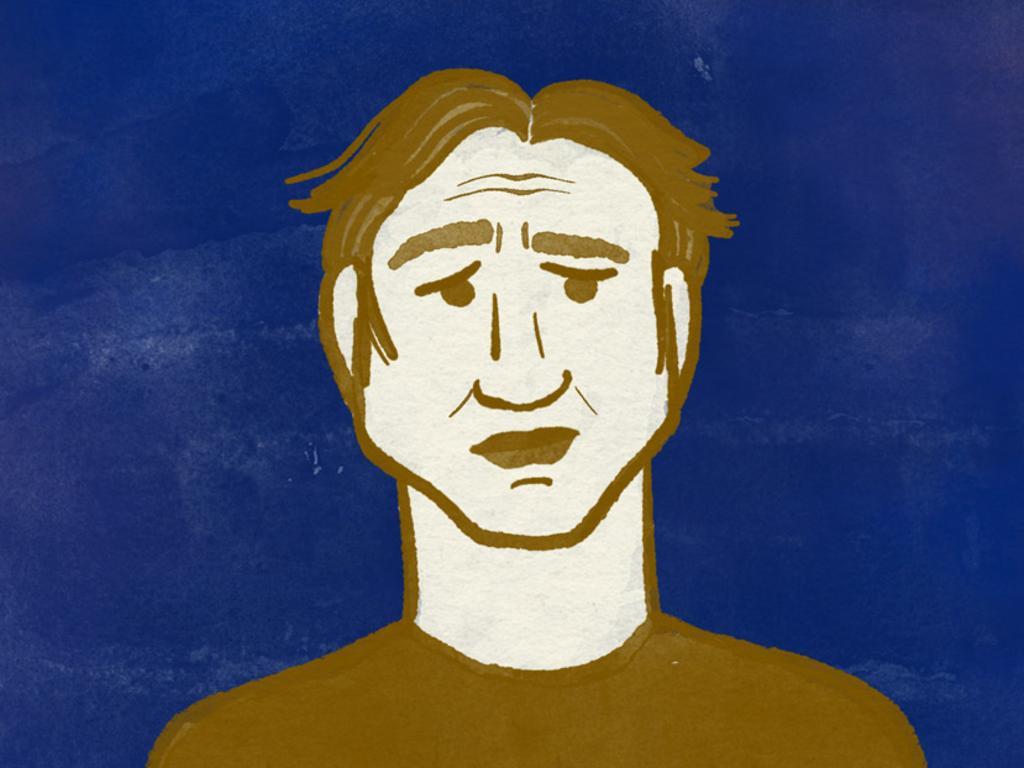Shadow of Doubt podcast: Fresh questions raised about evidence that convicted parents for ‘depraved’ child abuse
A jailed NSW couple protest their innocence as a new podcast – Shadow of Doubt – investigates their convictions for ‘depraved’ abuse.
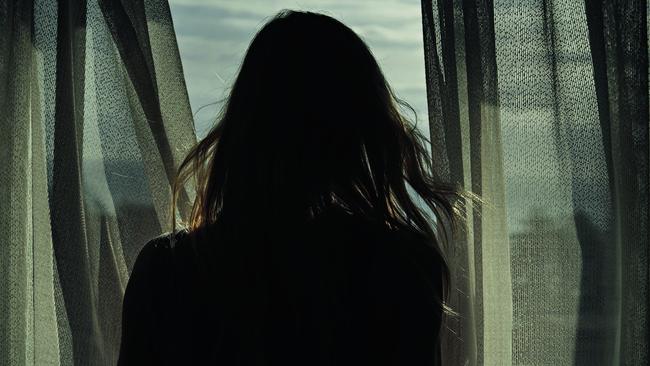
It was a case that sparked headlines around the world: a seemingly respectable husband and wife from rural NSW abusing their daughter with unspeakable depravity for 13 years. In court, the young woman testified that her father had raped her almost routinely since kindergarten, tortured her with tools, terrorised her with a machete and a chainsaw, stuffed chillies down her throat, locked her in a cramped box and imprisoned her in a shed without food for nights on end – aided and encouraged by her mother.
A psychiatrist’s report described the daughter’s physical and mental injuries as “catastrophic”. The presiding judge labelled the father a remorseless sadist and imposed a record jail term of 48 years. His wife was sentenced to 16 years and is not eligible for parole until 2027.
Yet more than a decade after the case began, the couple and two of their children continue to insist that none of the crimes happened, and lawyers are preparing to apply for a judicial review of their convictions. An investigative podcast that begins this week in The Australian reveals significant evidence that was never presented to the jury, and that raises questions about the psychiatric and medical evidence that was used to convict them.
The parents assert that their daughter’s memories of abuse are false and were caused by inappropriate counselling she received in the public hospital and sexual assault centre that they took her to after she reported being raped at age 17. Speaking from prison, they have told The Australian they bear no animosity towards their daughter and remain desperately concerned about her welfare.
“I know we’re innocent and I hang on to that,” says the mother. “The bottom line is that these things just did not happen.”
Her husband, who has been in jail for nearly a decade, says police ignored reams of evidence pointing to the improbability of their daughter’s allegations, and the possibility that another man had abused her.
Court orders prevent identification of the family, so The Australian has chosen not to publish many details, including where they lived and the years when events happened.
The case began when the couple’s 17-year-old daughter, a promising sports star, came home from an overseas competition and told her mother that a sporting official had sexually assaulted her in her hotel room. The Australian has confirmed that the daughter told friends her memory of this assault only came back to her after she was back in Australia, nearly two weeks after it allegedly happened.
While undergoing counselling for the alleged rape, she began making allegations against her father, who had coached her since primary school. At first she said only that his sports massages had felt inappropriate, but six months into her treatment she began remembering he had violently raped her when she was seven years old. She was then “flooded and overwhelmed” by memories of abuse, according to her psychiatrist, and eventually accused her mother of participating in the assaults.
Lawyers for the parents say the reliability of such memories should have been explored at their trial.
Greg Walsh, a Sydney solicitor who is representing the mother pro bono, says there is clear evidence the daughter’s initial allegations against a sports official and her subsequent allegations against her parents were based on recovered memories or “dissociative flashbacks”. Walsh notes the couple’s daughter had been diagnosed with dissociative identity disorder, an illness that has been linked to false memories of extreme and ritualised abuse.
“The complainant had an extensive history of psychopathology,” he says. “She suffered from very serious mental health conditions which directly impacted and affected her reliability. That wasn’t put before the jury.”
The Australian has learned that staff at the psychiatric hospital where the young woman was forcibly detained questioned her treatment and the reliability of her allegations. A hospital senior psychiatrist, whom The Australian has chosen not to name, describes the young woman’s treatment as “an abomination” and says he became concerned that the doctors treating her had lost objectivity.
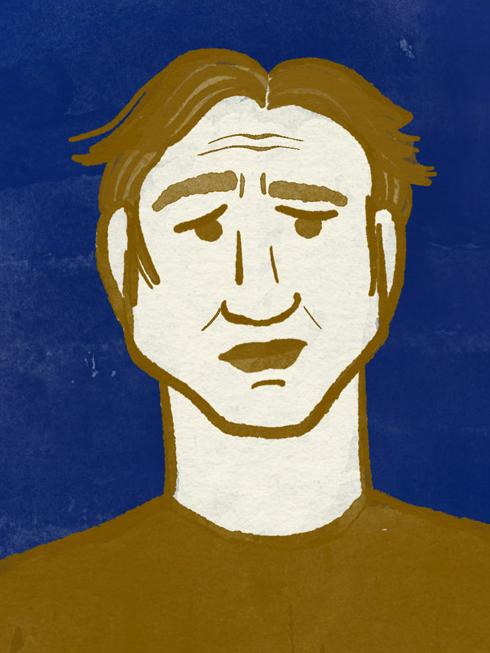

“I just felt that this was absolute nonsense, and from my point of view represented, you know, false memory,” he says.
Several other doctors express concern about the case, including Maria Nittis, a former head of forensic medicine in western Sydney, who examined the couple’s daughter for police during their investigation. Nittis was never called to give evidence at the trial, even though she wrote a report for the couple’s defence describing aspects of the daughter’s allegations as implausible.
Nittis tells The Australian that she disputes key medical evidence that prosecutors presented at the trial, including a doctor’s opinion that the young woman’s genitalia showed “gross” abnormalities caused by blunt force trauma suffered before puberty.
She says the abnormalities cited by the prosecution were hymenal tears that can be found in many sexually active young women, and she is not aware of any research that supports the theory that they occurred before puberty. She says she would support a psychiatric review of the case if the jury was not presented with a balanced picture of the evidence.
“The difficulties I’ve found in my career are those people who are alleging sexual assault (who) have mental health histories,” Nittis says. “Now, of course, they’re vulnerable, and they’re more likely to be sexually assaulted – we know that.
“But sometimes their mental health … causes them to misinterpret what’s happened or to relive past experiences as though they were recent, or reoccurring. And that adds a whole level of complexity.”
John Roberts, a Sydney psychiatrist, provided the couple’s trial lawyers with several expert reports that questioned the reliability of the daughter’s testimony. The reports noted that the young woman had initially denied her father ever sexually assaulted her but had subsequently remembered him raping her when she was seven. He said she was also reported to have remembered assaults at age three, which neurological research suggests is not possible.
Roberts tells The Australian he cannot understand why the couple’s lawyers failed to call him and Nittis as witnesses during the trial, and he questions how so many violent assaults could have gone unnoticed in the family home.
“I have never understood how it would be possible for such violent assaults (to) have occurred in a dwelling of that size with other people living in that dwelling not being aware of those assaults occurring,” he says.
During the trial, the couple’s daughter said that from kindergarten to age 17 – during which she became a successful high-performance sportswoman – her father tortured her with tools in a dilapidated shed close to the family home, leaving her bleeding sometimes for days. No witness in the trial recalled seeing any evidence of this violence, including her friends, relatives or siblings.
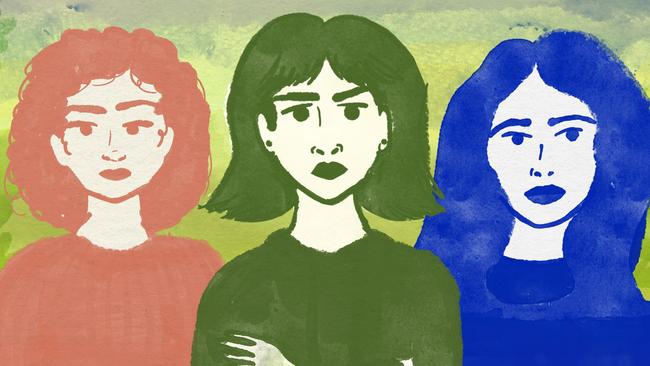
Two of those siblings – a brother and a sister – have stood by their parents and insist the assaults couldn’t possibly have occurred without their noticing. “There’s no possible way that any of them about my dad could be true, or my mother,” says their son. “It’s ridiculous.” He says he had spent his whole childhood on the family property where the assaults were said to have occurred and had never seen “anything like anything described in any of those allegations”.
During the police investigation, another of the couple’s daughters came forward and alleged that she, too, had been sexually assaulted by her father when he performed sports massages on her. She told police her father was terrifyingly violent and her mother engaged in inappropriate sexual talk. Police recorded a telephone call between her and her father in which he denied molesting his daughters but appeared to admit to violently assaulting his wife.
Police also learned that in the 1980s the father had been accused of grooming and molesting female students when he was a high school teacher. He was never charged at the time and that evidence was not put to the jury in his trial.
The Shadow of Doubt podcast interviews more than 30 people who knew the family well, including a man who lived in their home for nearly a year in his teens, and three women who trained with the father as adolescents and were friends with his daughters. They say they saw no sign of any abuse, or any threats or violence by the father. The family’s pediatrician says he saw nothing amiss and expresses surprise that police never interviewed him.
The psychiatrist who treated the couple’s daughter told the court that the young woman had “block(ed) out trauma, memories, to survive”, and that her mental illness caused these memories to be stored in different “self states”.
Solicitors who are seeking a review of the case for the couple say the trial lawyers failed to challenge this evidence and alert the jury to the controversy around such theories.
Andrew Bale, a solicitor who represented the parents until shortly before their trial, said he had planned to make this issue a central plank of his defence case. Bale commissioned the expert psychiatric reports of Roberts and Nittis, and he obtained an affidavit from a witness who said the daughter had acknowledged that her abuse allegations were based on “repressed memories” that only came back to her after counselling.
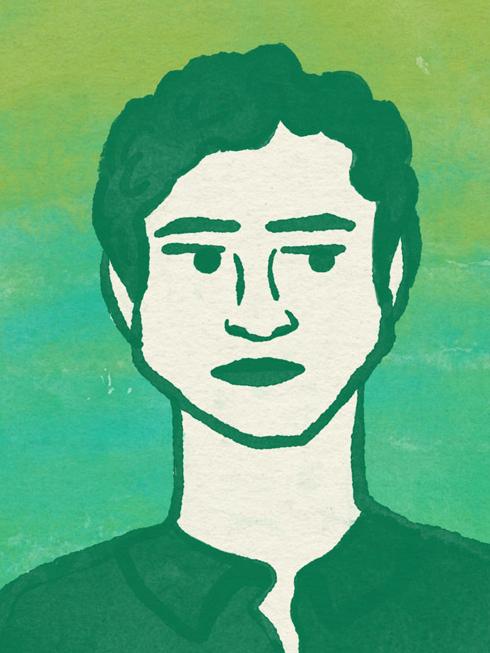
Bale withdrew from the case when Legal Aid NSW appointed a new defence team months out from the trial. He said he could not understand why the new lawyers had failed to call Roberts, Nittis or the witness who had spoken to the daughter.
“In a criminal trial, things happen and people make forensic decisions, sometimes right, sometimes wrong,” he said. “But from my perspective … I couldn’t imagine running this trial without putting those things into evidence. I couldn’t see how you had realistic prospects of success without doing that.”
The solicitor who represented the couple at their trial did not respond to messages left by The Australian, and the barrister who represented the father refused to comment.
During the couple’s appeals to the NSW Court of Criminal Appeal, the defence lawyers from the trial submitted affidavits stating they had acted under instructions from their clients – a claim the couple themselves strongly dispute. In the end, the appeal judges declined to hear evidence about the repressed memory issue, saying it was not new or fresh because it had been available before the trial. The couple’s appeal failed on all grounds.
From prison, the mother says she maintains hope that a review of the case could repair her shattered family, saying she bears no animosity to the daughter who sparked the police investigation. “I don’t feel she has intentionally done this,” she says. “I feel she’s a victim, too.”
The images used with this podcast investigation are for illustrative purposes only and bear no resemblance to the real people in this story, who cannot be identified for legal reasons.


